ExxonMobil: diesel will surpass gasoline as the number one global transportation fuel by 2020
Green Car Congress
MARCH 9, 2013
Diesel will surpass gasoline as the number one transportation fuel worldwide by 2020 and continue to increase its share through 2040, according to ExxonMobil’s recently published Outlook For Energy: A View To 2040. Sources for fuel economy gains in light-duty vehicles. Click to enlarge. Mix of the global vehicle fleet.





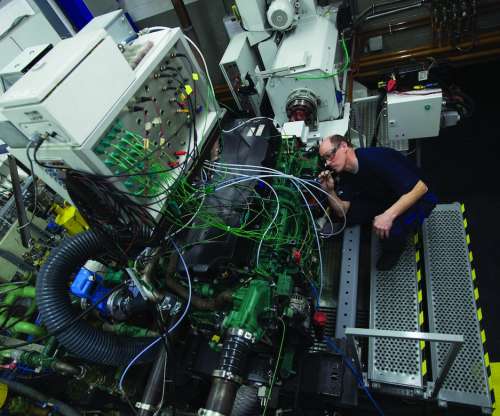



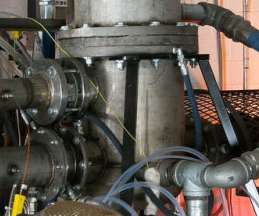












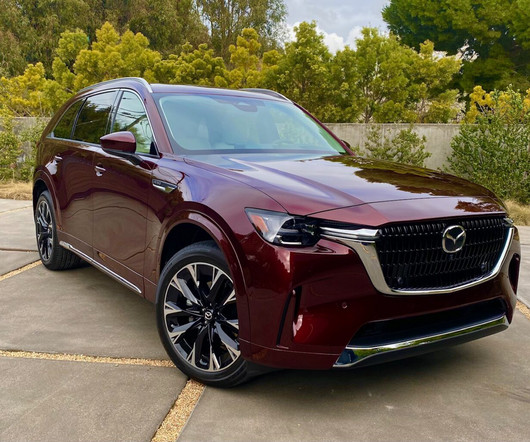
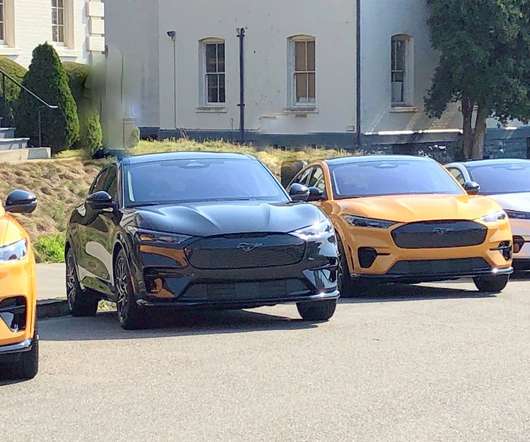






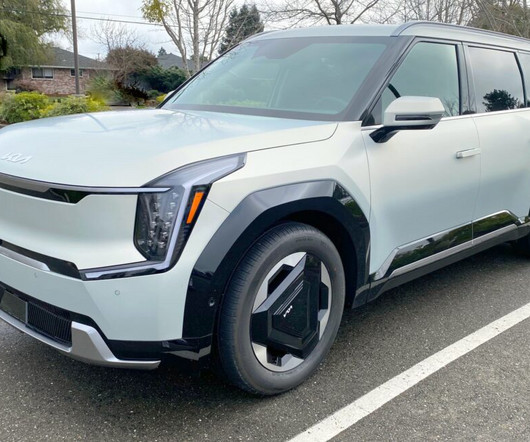










Let's personalize your content